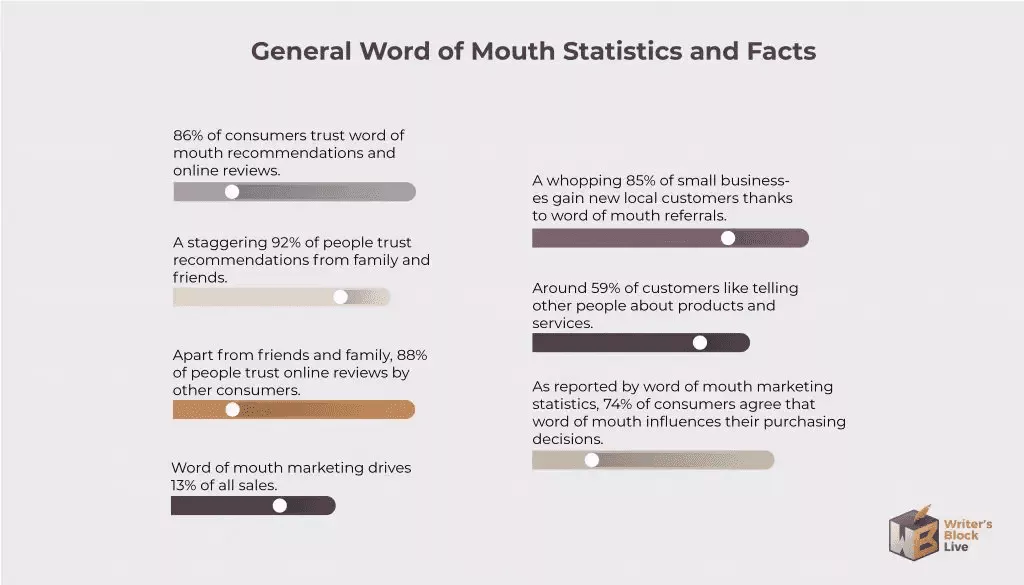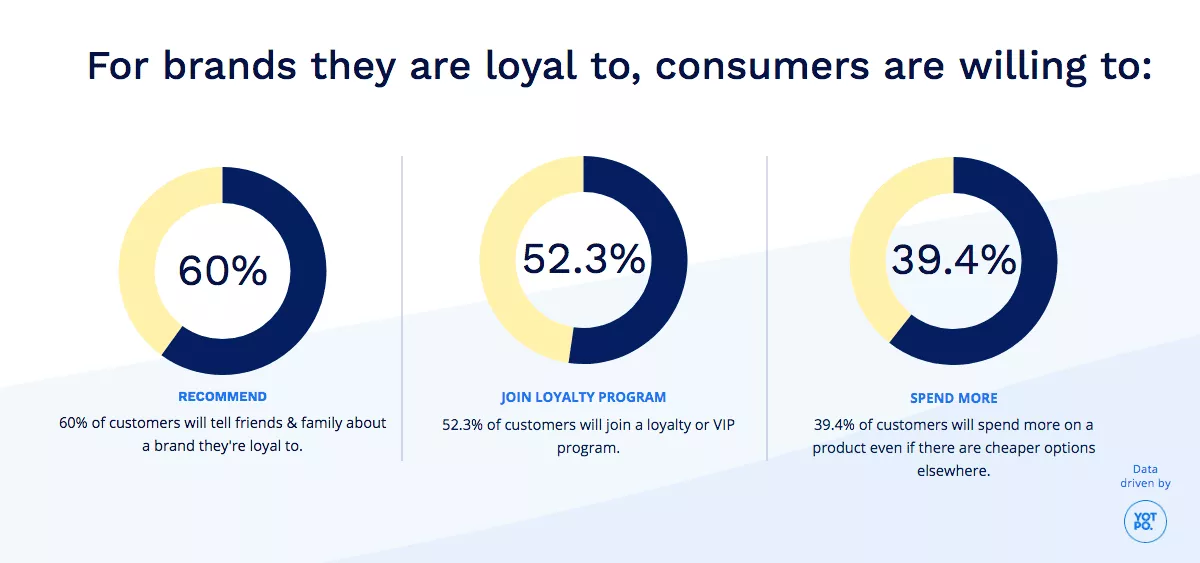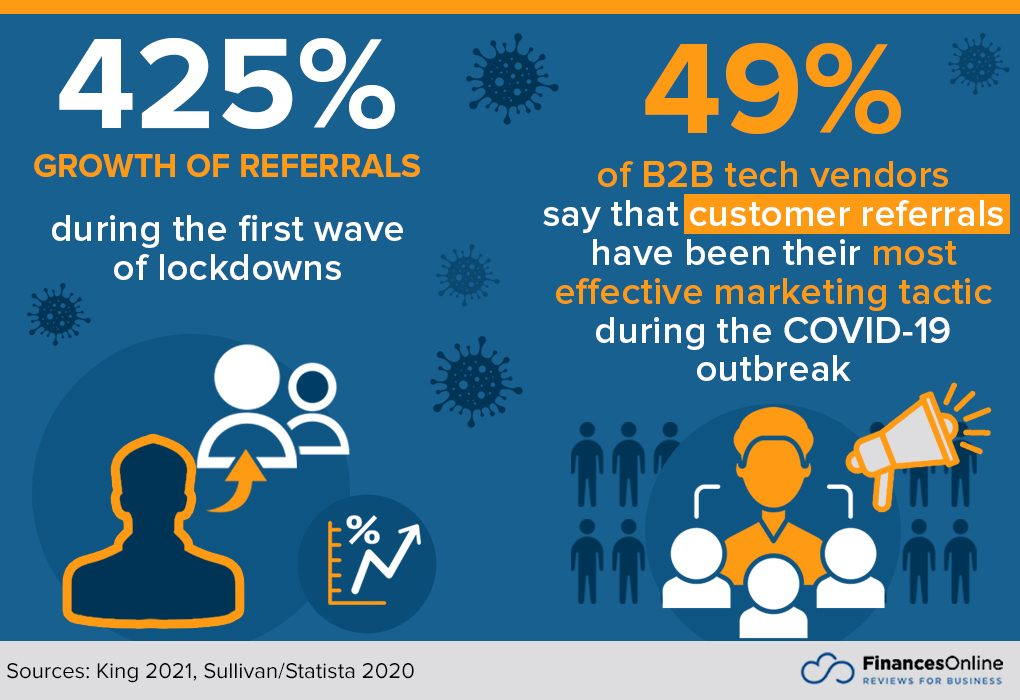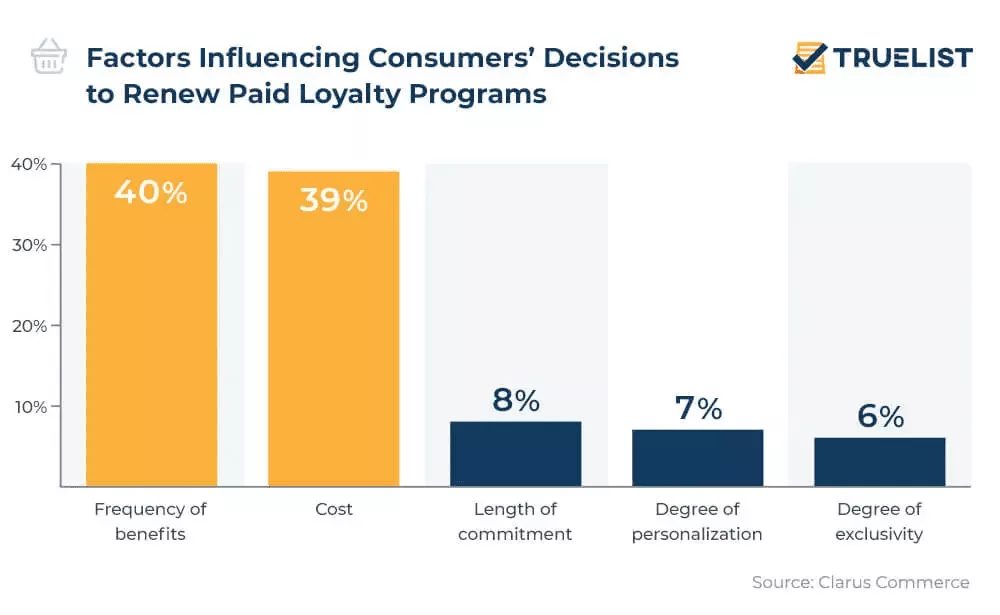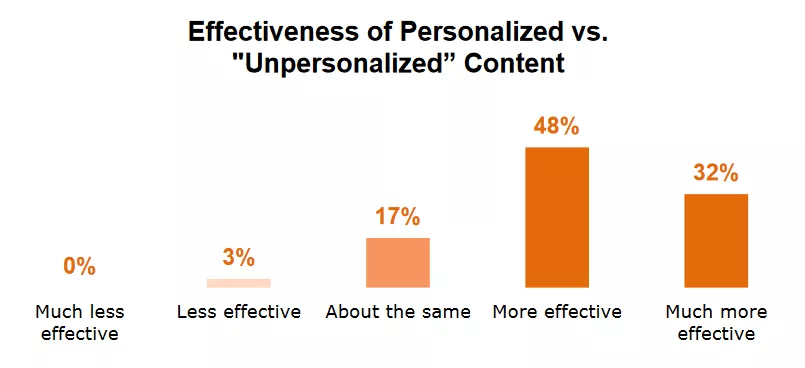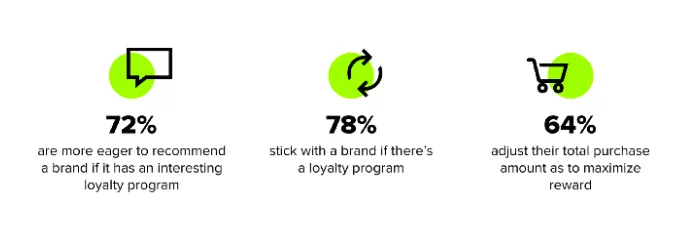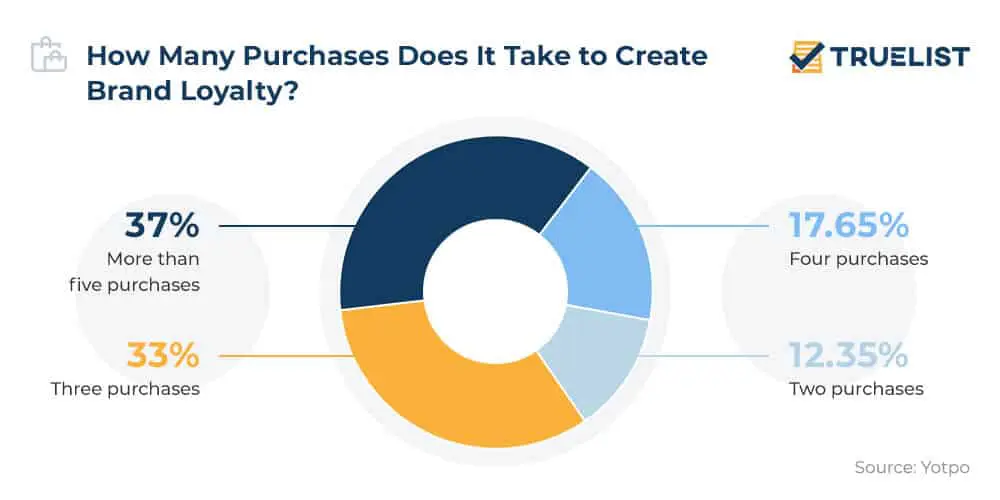Cast a Wide Net
The most valuable referrals tend to come from your most loyal customers. They aren’t the only source of referral business, though. For customer, affiliate, and partner referral programs, it’s often a good idea to make it accessible to as many people as possible.
This means making your referral program promotions a part of your wider marketing strategy. Your social media marketing should include links to your program, Twitter, LinkedIn, Instagram, and other channels.
You should consider including it with your vendor materials, too. When you incentivize based on conversions, you ensure that business from all these sources is filtered to keep the relative costs low. Make use of social gifting for customer referrals.
Monitor & Improve
As your referral program grows, it’s important that you monitor which parts of it are successful. Continue to refine your process as you go to avoid waste. Business intelligence software can help you stay on top of your data management.
Analytic software or ecommerce apps can be important, too. Keeping track of things like your SEO scores can help your partner content succeed. Your app retention rate increases from referred customers, as will your conversion rate.
7 Top Tips For Boosting Your Referral Marketing Campaigns
Above are the basic principles that will help you keep your referral marketing campaign on track. Now, we need to cover some more advanced digital marketing strategies and referral program examples.
1. Incentivize
We’ve mentioned referral incentives more than once already. That’s because offering a referral reward is one of the best ways to increase uptake on your referral program. According to research by Borowski, 52.3% of customers will recommend a business to friends and family if a reward is offered.
These don’t just have to be cash rewards, although that is an option. There are some more cost-effective methods you can use to similar effect. You can also offer a range of services and deals, from giveaways to tiered rewards. Some of the more effective choices include:
- Reward points and loyalty points
- Store credit or online vouchers
- Exclusive discounts
- Raffle entries and prize giveaways
- Tiered account upgrades
- Gift card offers
- Referral contests
- Mystery gifts
- Free products and other perks
This list is far from exhaustive. What you choose could be unique to your business model. As long as it’s something your existing customers want, you’ll see an increase in referrals.
How you implement incentives can be important as well. If you want as broad a response as possible, then you should think about offering traffic-based incentives. This means incentives are offered on the number of referrals you receive, not on sales.
However, if you want higher value, specialized traffic, then you need to offer incentives based on conversions. This will ensure that influencers, customers, or partners are focused on providing quality rather than quantity.
2. Third-party Traffic Sources
As well as organic referrals from customers, employees, and so on, you can also source referrals from third-party businesses. These businesses offer referrals as a service, like a SaaS business, often being able to offer large volumes of traffic at consistent rates.
However, not all of these businesses will offer quality traffic. Many of them charge based on each new referral. So, you’ll need to do a little research if you want to pursue this strategy. Being able to track and manage data on referrals from these sources will also be essential.
3. Seasonal Promotions & Events
You should always be looking to link your referral marketing to your wider marketing goals when you can. If you have a seasonal sale or a brand focus event going on, then you can try offering increased rewards or special offers to match.
Consider using motivational strategies for your partners and influencers, such as leaderboards for conversions. You can combine this with incentives for further effect.
4. Referrals via Positive Messaging
Your referral marketing campaigns can reflect your company values, reinforcing your brand identity. If you believe in a local community cause or a charity campaign, support it openly.
This has a positive impact, of course, but there are also practical business benefits, too.
Current customers who are invested in the same cause will naturally be inclined to promote your involvement. This leads to more positive referrals as more and more consumers look to support businesses that reflect their own values.
Your best customers will respond well to personalized marketing. The best personalization websites make use of all their customer data to build a complete customer profile. Separate this with demographic data and approach your marketing on a more individual basis.












